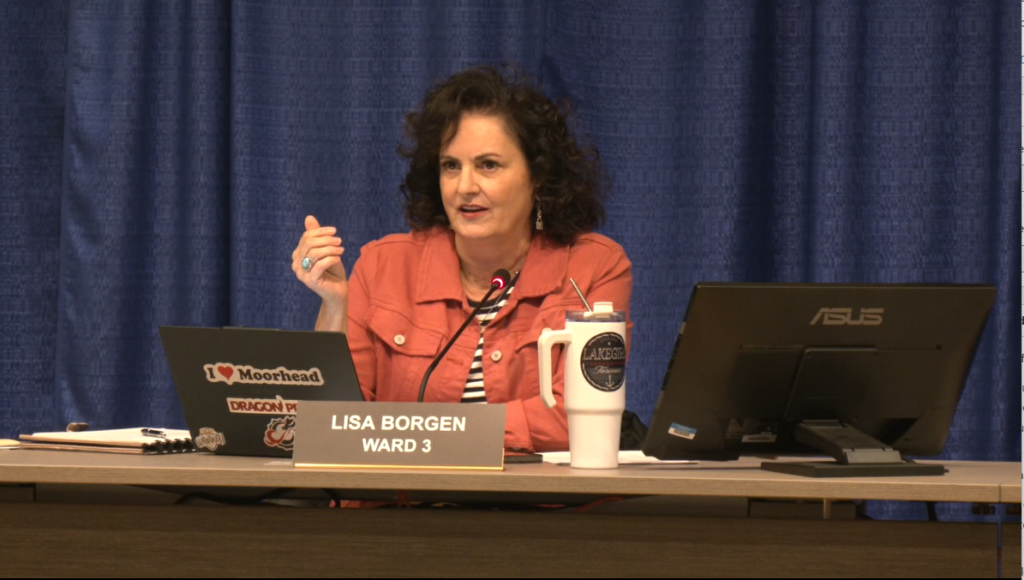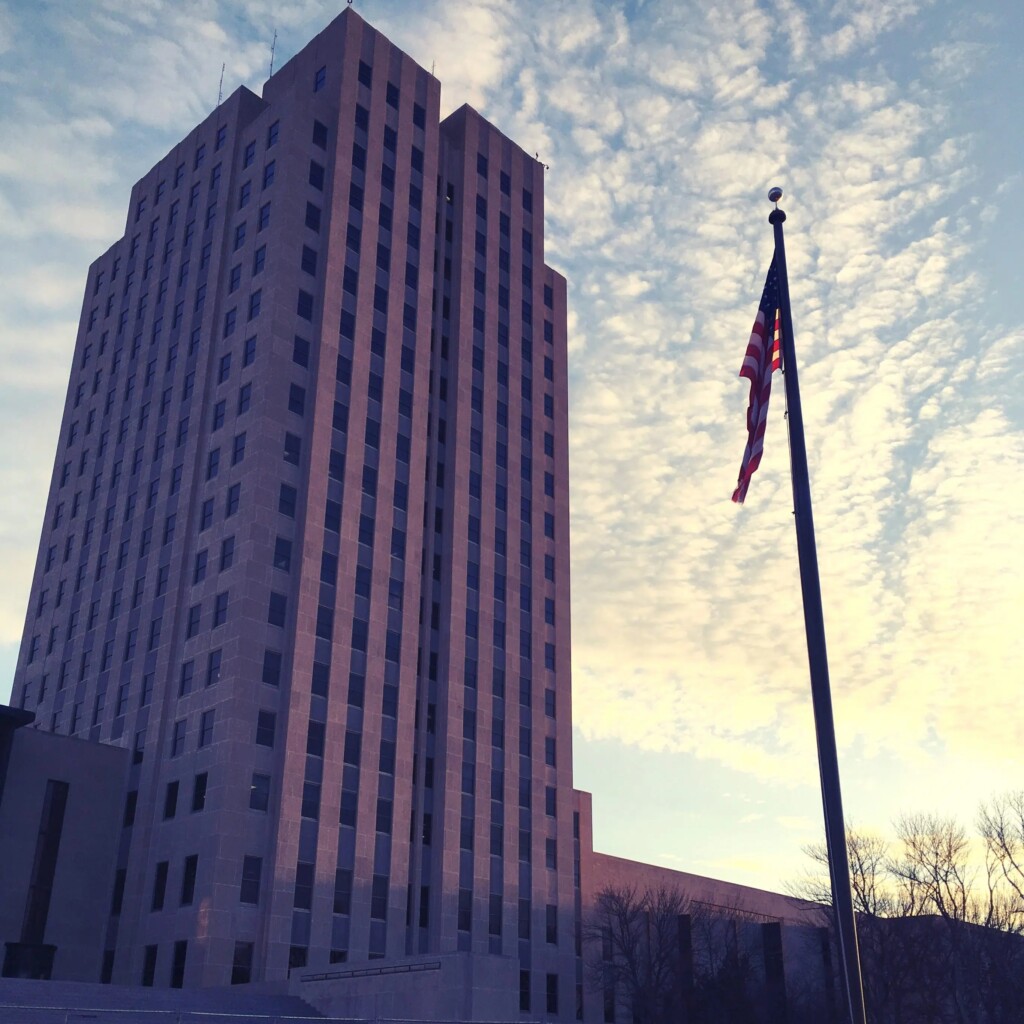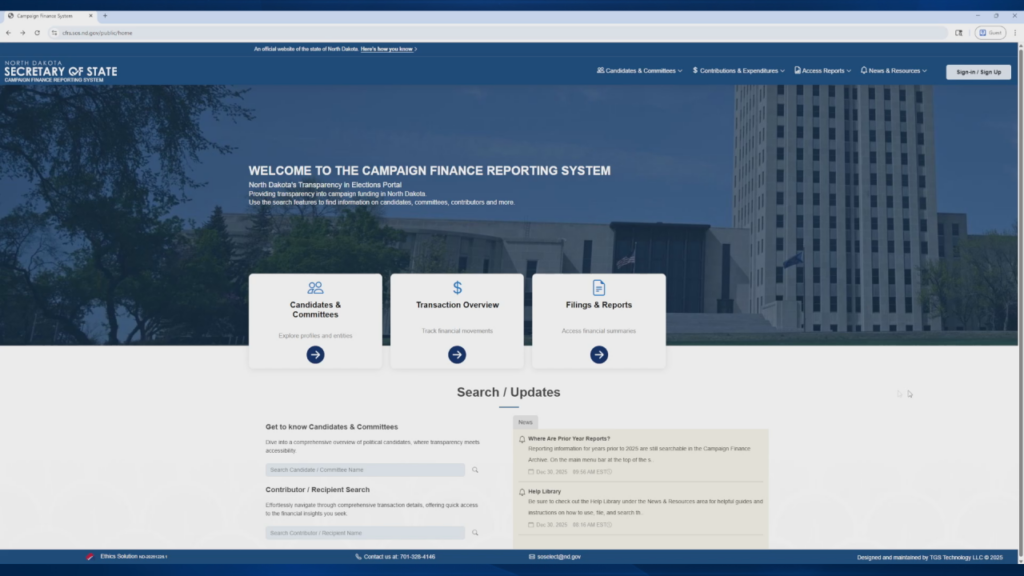Allergy Triggers in the Fall
Sorry, this video is no longer available
Allergy season isn’t only in the springtime. Fall can trigger allergies as well.
An Essentia doctor tells me that people susceptible to allergies should start treating them now.
“Everybody’s got the sniffles and sneezing a lot,” says Kailee Gray of West Fargo.
Kailee Gray takes to the park for a workout.
She’s a grad student at NDSU and knows that when school starts up, allergies aren’t far behind.
“I don’t like it. I usually get a sinus infection about every season so it’s a bummer,” Gray says.
And she’s not alone. Although most think of allergy season as springtime, there are factors that make fall an allergy trigger as well.
“We may have this time of the year high weed count and also high level of mold particles,” says Dr. Saakwa Mante of Essentia’s Allergy and Immunology.
Pollen is released from ragweed beginning in August but it can last into September and October.
“There may be nasal congestion, itching of the inside of the nose, runny nose, post-nasal drainage. Some people may have itching of the ears and the roof of the mouth. Some people may also experience eye symptoms. Their eyes may get itchy and watery,” Dr. Mante says.
There are a few ways to distinguish allergies from the common cold. Having itchy eyes is one of them.
“Common cold usually self-limited maybe wouldn’t go for more than ten days whereas the person’s allergy symptoms may go on throughout the whole allergy period,” says Dr. Mante.
The rule of thumb for seeing a doctor is to go if allergies start to affect daily activities.
For more information, head to essentiahealth.org.






